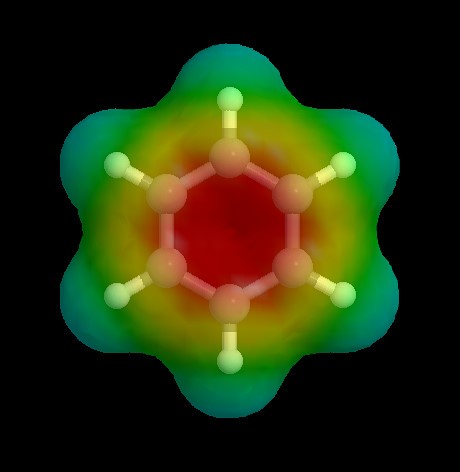Body Sprays Found with Cancer-Causing Chemical

Molecular structure of benzene.
December 7, 2021
In November, a chemical that can cause cancer was found in over half of 108 batches of deodorants and anti-perspirants from thirty different brands. This is concerning because the exposure to the chemical, benzene, is a health risk. High levels of it in the air can cause death, and if “you spill benzene on your skin, it may cause redness and sores,” according to the Agency for Toxic Substances and Disease Registry (ATSDR). It can also provoke leukemia and other blood disorders.
Benzene as a liquid is clear, colorless, and flammable. It is a by-product of processes to refine crude oil and can also be found in cigarette smoke and gasoline, which it smells similar to. There are items used on the daily that it is found in as well. However, it should not be used because of its toxicity level as a class one solvent.
A petition was filed by Valisure concerning how much benzene was found in the anti-perspirants. Valisure is the independent lab that ran tests to find the amount of benzene in these products.
Many brands were found with benzene levels over the limit set by the US Environmental Protection Agency so far, only Old Spice and Secret were taken off of shelves by manufacturer Proctor & Gamble. Unilever, which makes Suave, wrote in an email,”Unilever takes all safety concerns seriously, and we are conducting a robust investigation into the Valisure petition’s assertions about two Suave antiperspirant aerosols.”
In response to the petition, the US Food and Drug Administration (FDA) said, “The FDA is committed to helping ensure that the products we regulate are safe for use. We continually gain new knowledge which allows us to identify and quickly address previously unknown risks. When we identify drug quality lapses that pose potential risks for patients, we make every effort to understand the issues and provide our best recommendation to the public as quickly and accurately as possible. We will continue to investigate and work to ensure these types of impurities do not exceed acceptable limits.”

